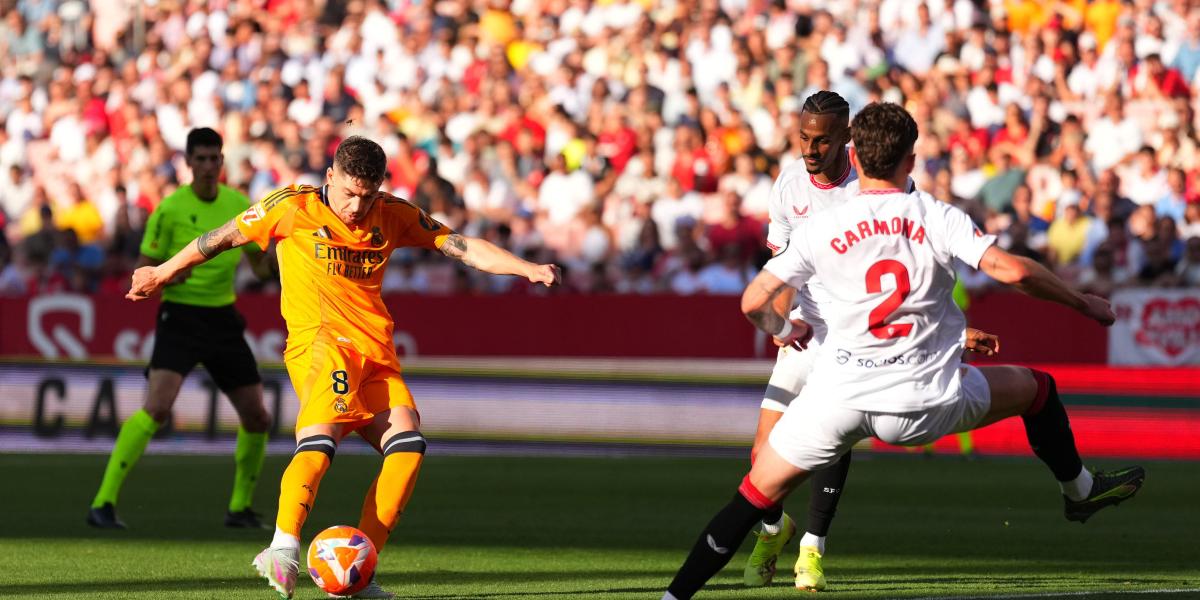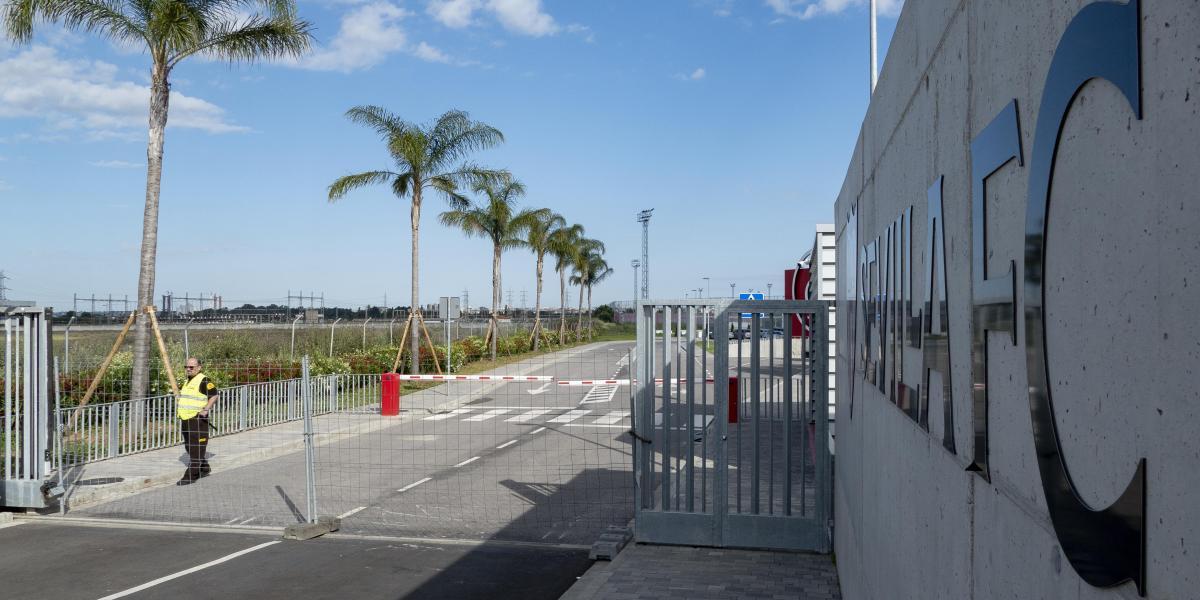The Appeal Committee of the Spanish Football Federation (RFEF) has dismissed this Thursday the resource of the Real Madrid against the sanction of six parties imposed on the German defense Antonio Rüdiger For his expulsion in the final of the Copa del Rey, on April 26 against Barcelona in Seville.
The Collegiate of the Meeting, RIcardo de Burgos Bengoetxea, reflected in the minutes of the final that Rüdiger “was expelled for launching an object from the technical area,” An ice, which did not reach it. And he added that the Madrid player had “to be held by several members of the coaching staff, showing an aggressive attitude.”
Read too
On April 29, the Single Disciplinary Judge of the RFEF imposed six games to the German player, In application of article 101 of the Disciplinary Code, for “producing with slight violence towards the referees”, which covers a punishment between four to twelve parties.
The judge then dismissed Real Madrid's allegations In defense of his player, for his spontaneous repentance, who apologized on social networks.
In the posterior resource before the Real Madrid Appeal Committee He asked to revoke the sanction of six parties, replacing it with the one provided for in article 124 of the Code and its consequent reduction to two or three meetings.
Subsidiarily sHe said to maintain the legal qualification, but reduce the sanction to the minimum degree provided in article 101 of the Code -four parties -, and also, in a subsidiary way, appreciate the mitigating circumstance of spontaneous repentance (Article 12 of the Code) and consequently reduce it to four games.
The club sHe tid off that the facts for which Rüdiger was sanctioned would fit better in the infraction provided for in article 124 of the Code, for inconsideration or contempt, and denounced error in the graduation of the sanction, violation of the principle of proportionality, not stating in the individualized motivation resolution to support the six penalty parties.
Also dError enunciated by not estimating spontaneous repentance as AtenuantE, referring to the publication of his player's message on the social network X at 11:00 a.m. on the 27th, when the minutes closed on April 27 after four hours in the morning.
The Appeal Committee has rejected all these arguments. In the first place, he understands that there is no violation of the principle of typicality, and “to launch an object against a referee fits, without the need for forced interpretations, in article 101 of the Disciplinary Code”
“Rating it as slightly violent is a manifestly magnanimous application in the light of the gravity of the fact described in the act,” he says in his resolution.
Nor does it share appeal that exists infraction regarding the principle of proportionalitysince the suspension for six parties is located in the lower part of the established range and indicates a moderate application of the sanction within the legal parameters.
Regarding the lack of motivation, the committee understands That in order for this to occur, it must cause material defenselessness to the affected, prevent him from knowing the reasons for the decision and, therefore, limiting his defense capacity, circumstances that are not given in this case, since the resolution of the unique disciplinary judge contains all the data that has allowed Real Madrid for the full exercise of their defense rights.
It also rules out the mitigating spontaneous regret, After stating that “the temporal element derived from spontaneous adjective requires that repentance should be immediate or very close to time to the act, immediacy that reflects a genuine reaction and not a subsequent defensive strategy”, however laudable the message published by Rüdiger hours after the party.
“The expression of repentance in a publication hours after the end of the game, when all the media had echoed the action that determined the expulsion of the player, cannot be interpreted as an authentic sample of immediate regret or of spontaneous repentance. Pretending that repentance can only be shown once the act has been published, denatured the spontaneity and immediacy required to the offender for the application of said mitigating, “he concludes.



